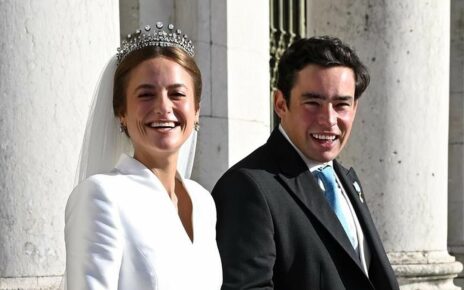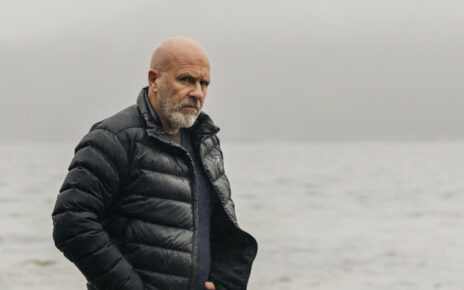Save articles for later
Add articles to your saved list and come back to them any time.
Seven years after Chris Masters first heard the whispers about what Victoria Cross winner Ben Roberts-Smith did in Afghanistan, he’s not sure what he’d do if he heard them again.
“I’d probably ring Nick McKenzie and say, ‘I’ve got a good story for you, mate. I’m gonna go kayaking’,” the 75-year-old veteran says with a small and hard-won laugh.
Nick McKenzie (left) and Chris Masters arriving at the Federal Court in Sydney on June 1.Credit: Jane Dempster
The collaboration between the two journalists led to a series of explosive stories about Afghan prisoners of war being executed in cold blood by SAS corporal Roberts-Smith or by soldiers under his command.
In the Fairfax (later Nine) outlets, on 60 Minutes, and ultimately in the Federal Court in Sydney, where Roberts-Smith sued for defamation, the story dragged out for years, at enormous personal and financial cost for everyone involved.
Now, with judge Anthony Besanko having dismissed Roberts-Smith’s case in June – at an estimated cost to the former soldier and his backers, including Seven supremo Kerry Stokes, of $25 million – the story behind the story is being told in Truth, a documentary for Nine-owned Stan. (Nine is the owner of this masthead.)
It marks an endpoint of sorts, with the case wrapped and Roberts-Smith found to be “complicit in and responsible for the murder” of three Afghan men, and “not a reliable witness”. But it’s not a definitive full-stop: Roberts-Smith has appealed the ruling, and that case will be heard in February. There is also still the possibility he could face criminal charges over the alleged killings (which have so far been proved to a civil standard only).
The case and its reporting have drawn praise and opprobrium for the journalists.
“There were many moments when I wished we’d never done it,” says McKenzie.
“When you’re staring down the loss of your career, your reputation, and what would be a massive blow to your witnesses and whistleblowers and to those grieving families [if you lost], you’d be mad not to rethink your actions.
“What guided us always was that we knew we were right. We knew it was the truth. But what we didn’t know was whether the truth would win, because there’s always other factors that come into play.”
Ben Roberts-Smith in a scene from the documentary Truth.Credit: Stan
Investigative journalism always starts with an irresistible tug towards a story that someone doesn’t want to be told. And for Masters, this was just such a tale – even if he rather wished it wasn’t.
He first sat down with the intimidating Roberts-Smith, who stands 202 centimetres tall and comes from a prominent Perth family, to raise the accusations.
“A big part of me hoped he would come up with a sensible explanation for why his view of what occurred in Afghanistan, and the views of some of his fellow soldiers, were so disparate,” he says. “But he didn’t. He arced up, got really angry, and I walked away from it thinking, ‘Well, he’s got something to hide’.”
In their reporting, Masters and McKenzie were always at pains to make it clear that Roberts-Smith and his cohort were the exceptions, not the norm. The real heroes, they felt, were the soldiers who risked everything to speak out against the rogues.
Reporting it was tough, says Masters. “There’s so much about what Nick and I do that can damage your psyche, because we’re looking down the gutter all the time, we’re seeing the worst of humankind.”
But having to prove it to be true in a court was so much harder.
“It was exhausting, stress-invoking, anxiety-producing for everybody involved, but most significantly for our witnesses,” says McKenzie.
“Honestly, you wouldn’t wish litigation on your worst enemy.”
Contact the author at [email protected], follow him on Facebook at karlquinnjournalist and on Twitter @karlkwin, and read more of his work here.
Find out the next TV, streaming series and movies to add to your must-sees. Get The Watchlist delivered every Thursday.
Most Viewed in Culture
From our partners
Source: Read Full Article




